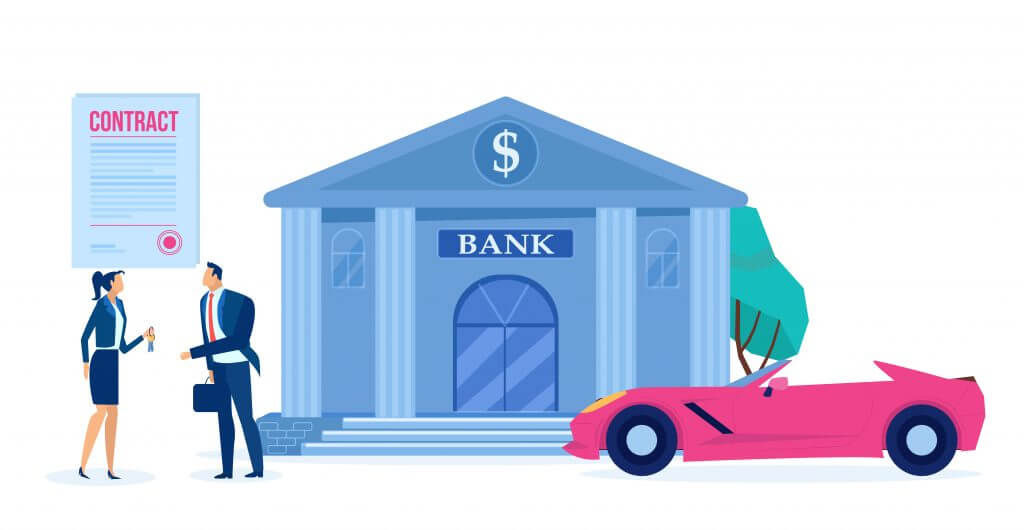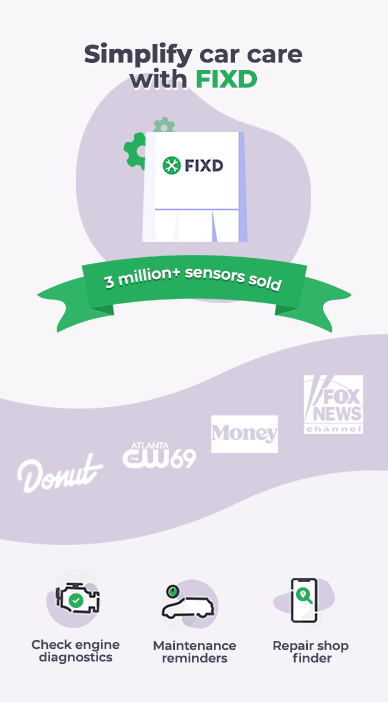Buying a new or used car is likely one of the larger purchases you’ll make during your life. Auto loans can be intimidating and unclear, particularly for a first-time borrower. The more informed you are, the better prepared you are to negotiate the best deal for your circumstances.
Vehicle loans give you the money to buy a car. The vehicle is yours to use while you make monthly repayments on the loan over a specified time. The lender keeps the title to the car until the loan is repaid in full. If you default on payments, the lender can repossess the vehicle.
What is a Car Loan?
An auto loan is also known as a “simple interest loan” where the borrower is responsible to pay back the amount borrowed plus interest.
Car loans differ from credit card loans as they don’t charge compounded interest. Auto loans fall under secured loans because the financed vehicle is the collateral for the loan. Car loans are fixed-period loans, which means repayment has a specific period of usually between three and seven years.
When you apply for a car loan, the amount you borrow, the time you take to pay it back, and your interest rate affect your monthly payment. Here are the factors to consider:
- Loan amount – It may be lower than the value of the vehicle, depending on whether you trade in a vehicle or make a down payment.
- Annual percentage rate (APR) – The interest rate you pay on the loan.
- Loan term – The period to pay back the loan.
- Down payment – The upfront payment toward the cost of the vehicle, which includes cash, the value of a car trade-in, or both. The down payment helps to decrease the total amount you need to borrow, resulting in lower monthly payments.
- Monthly payment – The amount you pay each month, comprised of the principal, interest, and any other fees.
- Principal – The amount of your loan less the fees, penalties, interest, and other costs.
- Total cost – The total loan amount, including all costs, that you’ll pay during your auto loan.
How Do These Factors Affect Your Monthly Payment?
A lower monthly payment sounds amazing, but it might not save you money in the long run. It’s possible that you’ll pay more for the car by the time your term is complete. Instead, consider altering these terms to save you money in the long run.
- Decrease the loan amount – If you decide on a loan of $25,000 and make a down payment of $2,000, your loan amount decreases to $23,000. This saves $44.27 per month with a 3% APR and a four-year term.
- Decrease your APR – Looking at the identical $25,000 car loan with a four-year term, where one lender offers a 3% APR and another offers a 2% APR, giving different results. Accepting the lower APR will save $10.98 each month.
- Lengthen the loan term – By extending the same $25,000 loan from four years to five years on 3% APR, the monthly payment decreases to $104.14, but the interest increases by $391.85 during the loan’s lifespan. Make sure you will not be penalized for paying off the loan early, which is another way to save money with a longer-term loan.
Where Do You Apply for an Auto Loan?
To apply for a car loan, you will need approval from a lender, such as a bank, credit union, online lender, or car dealership.
The difference between banks and credit unions is that banks are for-profit institutions and credit unions are not-for-profit. This is why credit unions can offer lower interest rates on loans than banks.
Dealership financing is convenient for the borrower as the process is a lot quicker. You can apply for financing during the buying process. It’s also easier to compare rates as the dealer has relationships with various lenders. Sometimes the dealers offer manufacturer-sponsored low rates or incentive programs. However, beware of the dealer’s high-interest in-house auto loans if you have poor credit.
Requirements to Apply for a Car Loan
To receive a car loan, you’ll need to complete an auto loan application. Be ready to provide the following information:
- Social Security number
- Current and past addresses
- Current and past employment information
- Total income and income sources Information on any debt you carry
- Proof of insurance coverage
The lender will check your credit scores during the prequalification stage so that your credit score isn’t affected by a hard inquiry. Once preapproved, your application is formalized with a hard inquiry on your credit. This is a quick process that results in an estimated interest rate, followed by your detailed application. Once they verify your information, your loan will either be approved or not.
Are Loans for Pre-Owned Cars Different From New Car Loans?
The terms of the loan depend on the price of the car and your interest rate. A brand new vehicle is more expensive than the same pre-owned car and this affects the loan amount. Some manufacturers offer extremely low finance options on new vehicles, allowing for lower rates on new vehicles.
Is a Lease the Same as a Loan?
When you buy a car with a loan, you own the vehicle. Once you have fulfilled the loan payments, the vehicle title is clear.
When you lease a car, however, it doesn’t ever belong to you. Your monthly payment is a fee to rent the car for a specific period under certain conditions. On completion of the term, the vehicle is returned to the leasing company. If you wish to keep the car, you need to pay the residual value, which is the remaining value of the vehicle. This results in lower monthly payments than an auto loan. However, you don’t own the car, in the end, the way you do with a loan. Also, watch for the lease terms as there are mileage limits to the amount of driving you can do.
Take the time to understand how auto loans work before making a decision for your unique situation. If you decide to take out a loan, make sure the paperwork is properly signed, and always make your payments on time.

At FIXD, our mission is to make car ownership as simple, easy, and affordable as possible. Our research team utilizes the latest automotive data and insights to create tools and resources that help drivers get peace of mind and save money over the life of their car.













